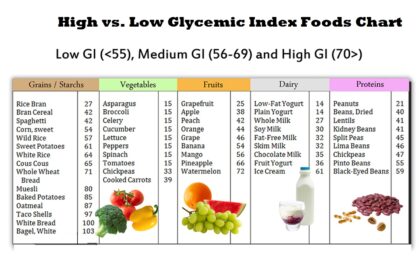Calculate Your BMI: A Guide to Understanding Your Body Mass Index
Your Body Mass Index, or BMI, is a useful metric for evaluating your general health. A number known as your BMI tells you whether your weight is within a healthy range for your height. To determine whether you might be underweight, normal weight, overweight, or obese, use this quick and simple way to calculate your BMI.
What is BMI?
BMI is a measure of body fat based on your height and weight. It’s calculated using the following formula:
BMI = (Weight in kilograms) / (Height in meters squared)
Alternatively, you can use this UK national website BMI calculator to see your BMI. The result will fall into one of the following categories:

Interpreting Your BMI: What Does It Mean?
Understanding how to calculate your BMI can provide valuable insights into your health, but it’s essential to remember that it has limitations. For instance, it doesn’t take into account factors like muscle mass, bone density, or distribution of fat. Nevertheless, it serves as a useful starting point for assessing your weight-related health risks.
Being underweight may be a sign that you aren’t getting enough nutrients, which can cause a number of health problems. Being within the normal weight range is typically linked to a lower chance of developing chronic health issues. Obesity: Obesity increases the risk of a number of illnesses, such as heart disease, diabetes, and joint issues.
Next Steps After Calculating Your BMI
If your BMI indicates that you are underweight, normal weight, overweight, or obese, you should follow these steps carefully. They can offer you individualized advice on how to keep or reach a healthy weight and lower your chance of developing chronic diseases.
Do you think that obesity is a ‘disease’?
Some researchers contend that our genetic make-up plays a role in the current spread of obesity. Genes known as “thrifty genes” allow people to efficiently gather and process food in order to store fat during times of food excess in preparation for times of food scarcity (feast and famine). The ‘thrifty’ genotype would have been favorable for hunter-gatherer tribes, especially childbearing women, as it would have allowed them to gain weight more quickly during periods of abundance.




